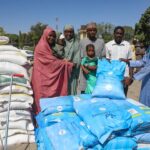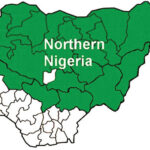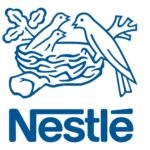Gradually, many youths across the country are now seeing and seeking opportunities in the Nigerian agriculture sector to change their financial statuses and those of their families.
With the high cost of feed pushing many fish farmers out of business, those still serving in the space are alternating branded fish feed with highly formulated floating local feeds, using available local resources.
Located in Jeddo community at the outskirts of Warri, one of the biggest cities in Delta State, a young fish feed producer is also serving as an incubator to a number of youths learning fish feed production under the Livelihood Improvement Family Enterprise Niger Delta Project (LIFE-END), a programme of the federal government, in collaboration with the International Fund for Agricultural Development and the Niger Delta Development Commission.
Mr Evidence Oki, the owner of the feed mill, is a mentor to many young apprentices and serving many fish farmers who are located around his mill.
SSCE: FG to reposition NECO, others for optimal performance
4,000 women-led enterprises engaged in exports – NEPC
He told Daily Trust on Sunday that he used local materials like scrap fish meal from main warri market, cassava flour, groundnut cake, soya meals, wheat from Kano, palm kernel cake and all others ingredients like addictive, multivitamins boosters and others to formulate feed that gives farmers good results.
These floating feeds were produced using completely locally fabricated machines, some of which he said were very efficient and effective, adding that the feed “gives weight because of the high density of the material used.”
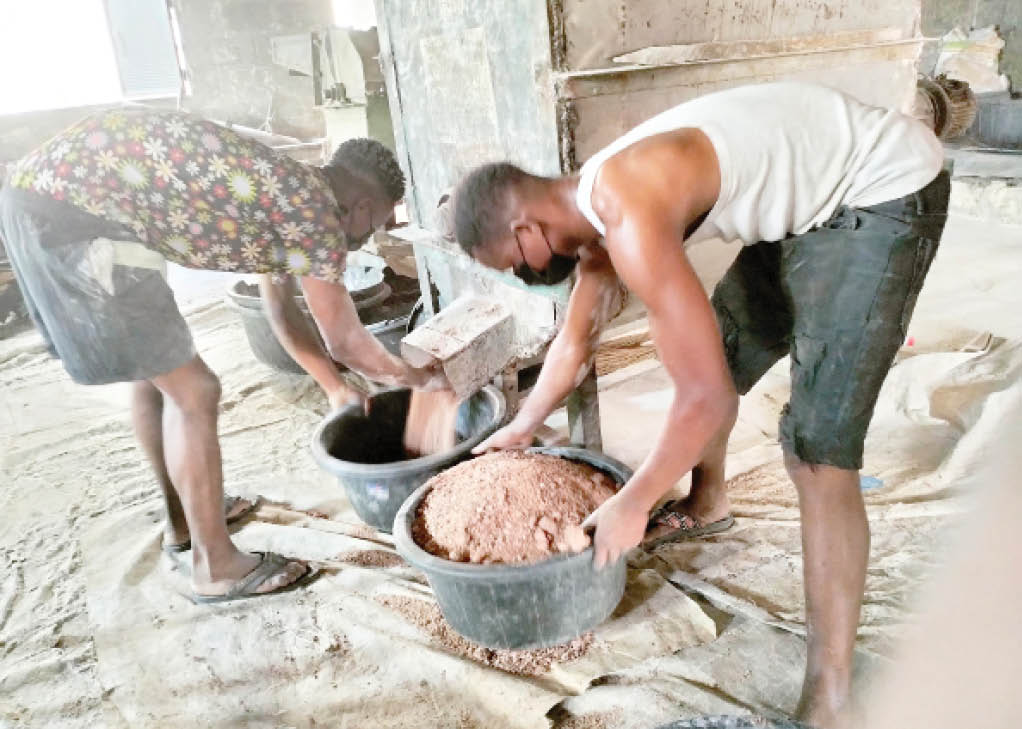
Mr Oki’s facility produces a minimum of 250kg per one hour but could more because it actually depends on the available resource personnel.
He said the impact had been great because ‘fish farmers come to buy local feed from this factory to reduce cost because the branded feed they have in the market is expensive. So, this one is locally made but it also has similar nutrients.”
Destiny Oghenetega Ughubetne, an 18-year-old man who has been under Oki’s mentorship, told Daily Trust on Sunday that in the last three months he had acquired so much knowledge of feed making and now wished that after his training he would further deepen his knowledge, even at the university level.
He can now mix the ingredients and even operate the machines used in making the feed. His dream is to own a feed mill.
Mrs Pat Oki, a beneficiary of the LIFE-END, was a seamstress before the COVID-19 pandemic ruined her business.
Today, she is producing feed and has two earthen ponds with over 4,000 fishes. Feeding has, therefore, become easier because of her knowledge of feed production.
Mrs Oki explained how her life changed thus: “I got to know about the LIFE-ND programme when I boarded a commercial tricycle, popularly called Keke and a radio station was on. An announcement was made that there was a programme called LIFE-ND for the people of Niger Delta region and that would transform the lives of the people. After listening to the announcement, I abruptly stopped my journey and immediately called my sister who is into fish farm business and told her what I heard over the radio. She confirmed it and said people were still filling the form.
“I got there and met one of the LIFE-ND programme officials who asked if I was interested. I responded in the affirmative. I was interviewed and enlisted among those who were qualified. I saw my name on the list as a beneficiary. I also saw it on my WhatsApp platform. I confirmed that it was real and jumped up with excitement, singing praises to God. I was very happy. Then I went for the interview,” she said.
Afterwards, she was given 1,000 fish and 50 bags of feed (Alagua and Blue Crown), but after she received her startup pack, she put to bed and nobody was on ground to assist her. She said, “With the level of my pregnancy and when I put to bed, I couldn’t do much.”
She tasted the bitter pills many farmers who do not have time for farm face because of her absence due to childbirth.
“I finally handed over the business to somebody and at the end of sales I made a huge loss. You can imagine 50 bags of fish feed worth over N500,000 but the sales showed only 19 bags.
“Despite the loss recorded, I still continued and took over the business personally. I restocked the ponds and bought bags of feed,” she added.
Together with her husband, she produces fish feed. She said, “We ensure the best of fish feed is produced for fish farmers. We have all the categories of feed that make fish grow big and healthy.”
The young mother started with fingerlings and went deep into the business with full concentration, and with strong determination she has made four circles of sales after her settlement by LIFE-ND officials in October 2022.
She said, “My life has drastically changed. And comfortably, I can take care of my family and other needs. I still have fish in the ponds. A kilogram of fish was sold at N1,200, but now, we sell 1.5 kilogram at N2,000. I have 1,500 fishes ready for sale, which I am keeping for January 2024.”
Bright Alex is a 19-year-old man also learning how to make fish feed. Like other young people in the mill, his goal is to advance his knowledge and own a facility where he can produce feeds for catfish farmers in his area.
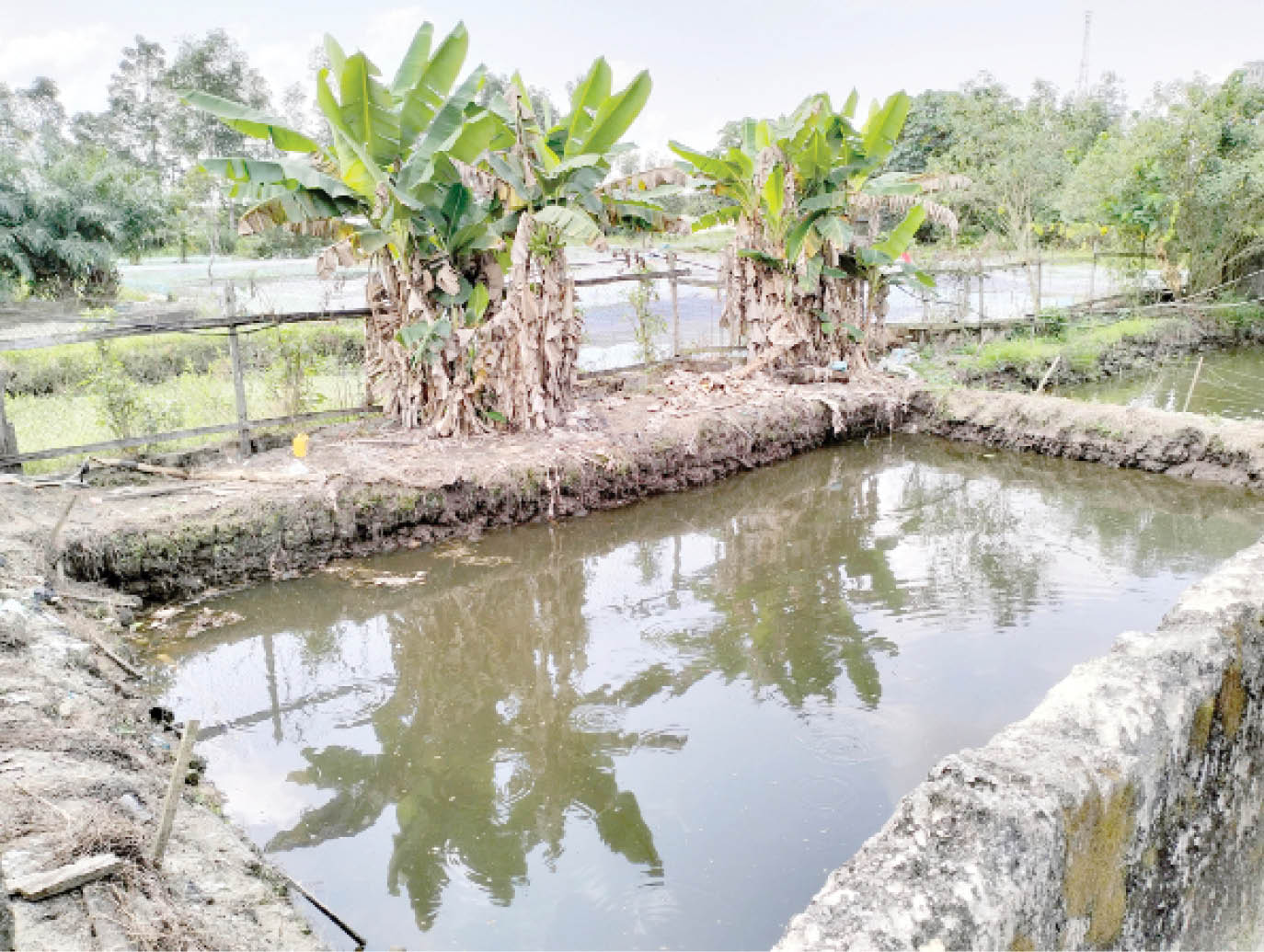
 Join Daily Trust WhatsApp Community For Quick Access To News and Happenings Around You.
Join Daily Trust WhatsApp Community For Quick Access To News and Happenings Around You.
